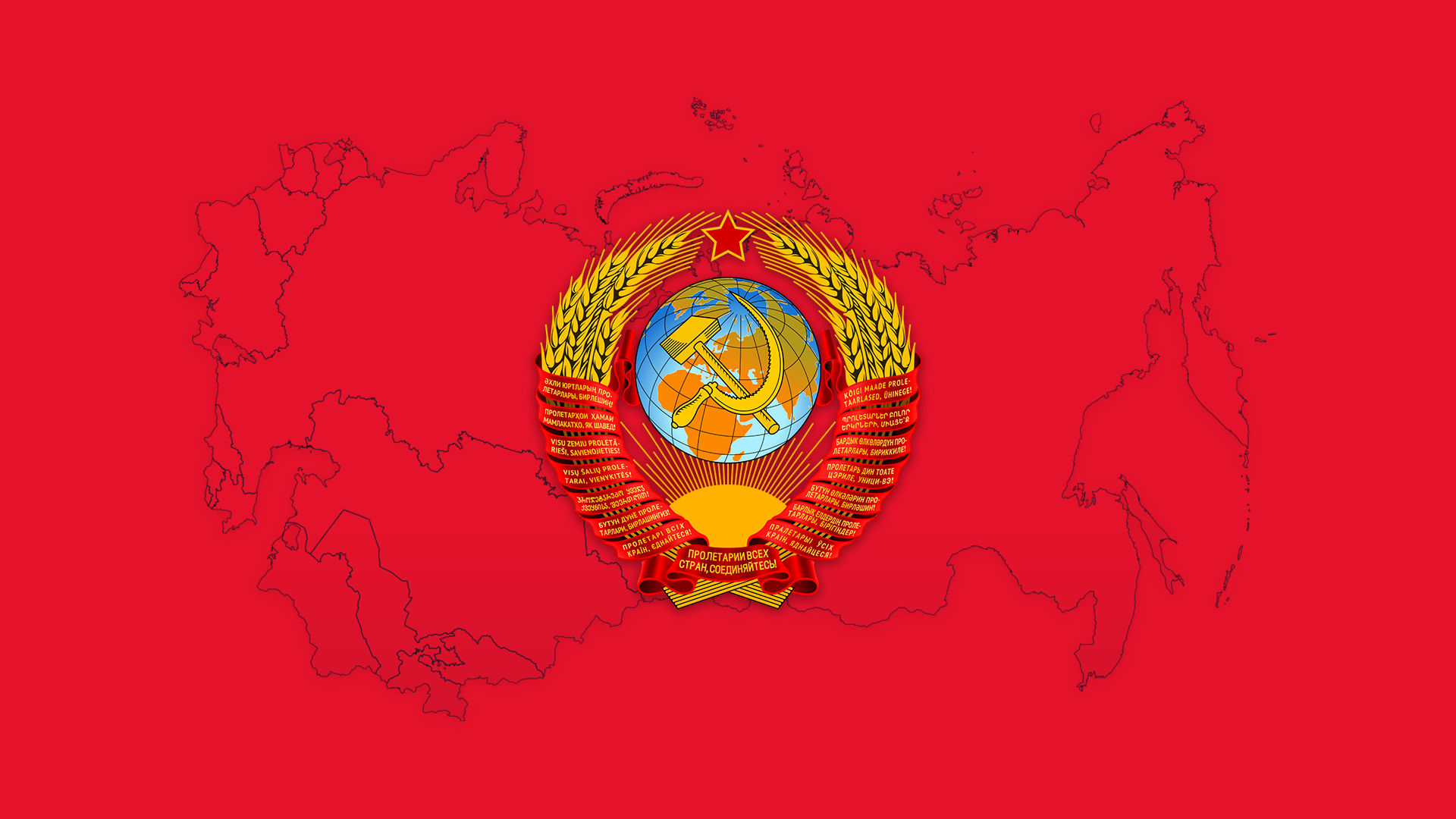OP, your question is touching on a great discussion between how much of our social order is arbitrary and how much is determined by material conditions (for example: having visited Cuba, a thoroughly socialist state, I witnessed racism to about the same level as would exist in progressive communities in the US despite no capitalist relations to produce it.). The dialectic between the base and the superstructure, as a Marxist might put it.
I didn't want to muddy up my comment with a long quote, but I think this one has some nice insights.
But if reading isn't one's forte then the tl;dr is from Marx: "Men make their own history, but they do not make it as they please"
These are from a book called "The Utopia of Rules: On Technology, Stupidity, and the Secret Joys of Bureaucracy"
From a left perspective, then, the hidden reality of human life is the fact that the world doesn’t just happen. It isn’t a natural fact, even though we tend to treat it as if it is—it exists because we all collectively produce it. We imagine things we’d like and then we bring them into being. But the moment you think about it in these terms, it’s obvious that something has gone terribly wrong. Since who, if they could simply imagine any world that they liked and then bring it into being, would create a world like this one?
Perhaps the leftist sensibility was expressed in its purest form in the words of Marxist philosopher John Holloway, who once wanted to title a book, “Stop Making Capitalism.” . . . This is the ultimate revolutionary question: what are the conditions that would have to exist to enable us to do this—to just wake up and imagine and produce something else?
To this emphasis on forces of creativity and production, the Right tends to reply that revolutionaries systematically neglect the social and historical importance of the “means of destruction”: states, armies, executioners, barbarian invasions, criminals, unruly mobs, and so on. Pretending such things are not there, or can simply be wished away, they argue, has the result of ensuring that left-wing regimes will in fact create far more death and destruction than those that have the wisdom to take a more “realistic” approach.
Elements of the Right dabbled with the artistic ideal, and twentieth-century Marxist regimes often embraced essentially right-wing theories of power . . . in their obsession with jailing poets and playwrights whose work they considered threatening, they evinced a profound faith in the power of art and creativity to change the world—those running capitalist regimes rarely bothered, convinced that if they kept a firm hand on the means of productions (and, of course, the army and police), the rest would take care of itself.


The sad fact for Marxists in the west is that the Anarchists are more organized and do more praxis these days.
I find it very annoying when my fellow comrades respond to the actions taken by Anarchists or non-Marxists by simply belittling them.
"occupy did nothing. chaz was doomed from the start. etc."
If we think we are supposed to be the vanguard, the most proactive guardians and forward pushers of the working class's power, we need to start doing shit. Because right now we're a laughing stock of sit-around bookreaders arguing theology.
Our main attack against all other forms of socialism are that they've never won and secured a worker state. Well right now the Marxists in the west haven't even started.
Marxists who do nothing but post will come up with some horrible names to call me which are just new fancier versions of "heretic" but as it stands, (on average) even the least read anarchist in Food Not Bombs has done more to advance worker power than the most well read "Marxist" in a typical org.
The clearest example I can think of:
It was ~~New York City~~ Anarchists working as part of the Direct Action Network who secured the massive abolition of Third World debt owed to the IMF. And it is not exaggeration to say they also almost suceeded in abolishing the IMF entirely. Despite the most vocal opposition to the IMF coming from us Marxists, it seems right now we are all talk. We must improve.
EDIT: I misremembered: DAN was most active in NYC but the anti-IMF successes were across the US not just NYC.